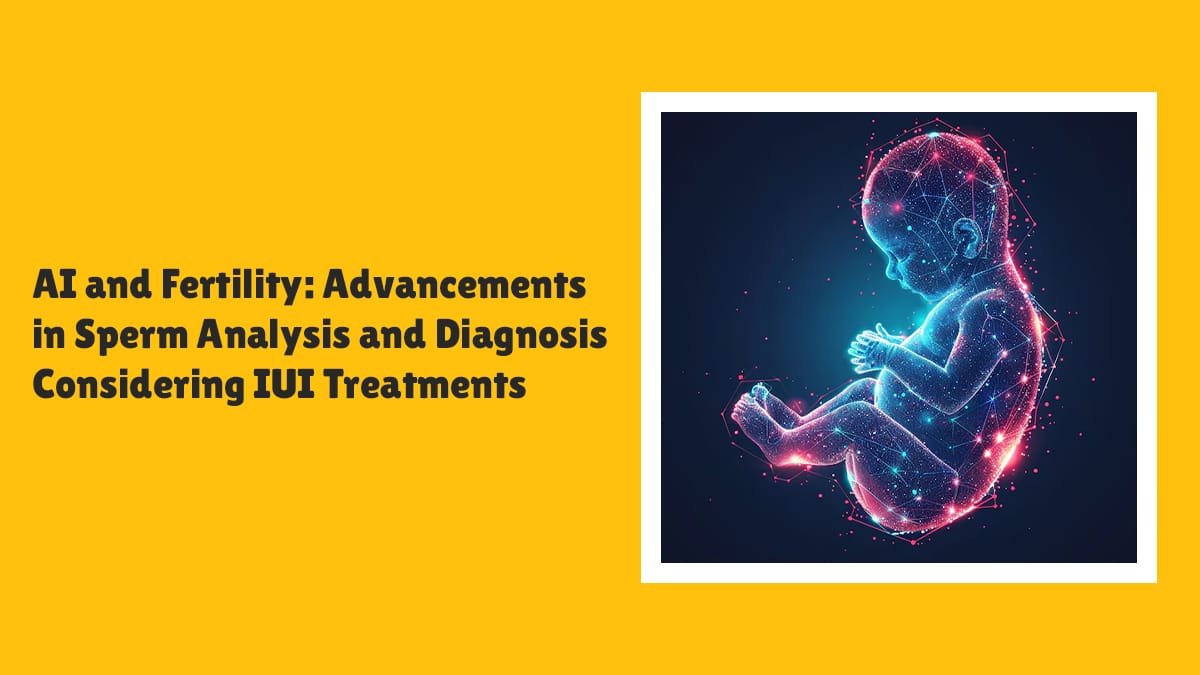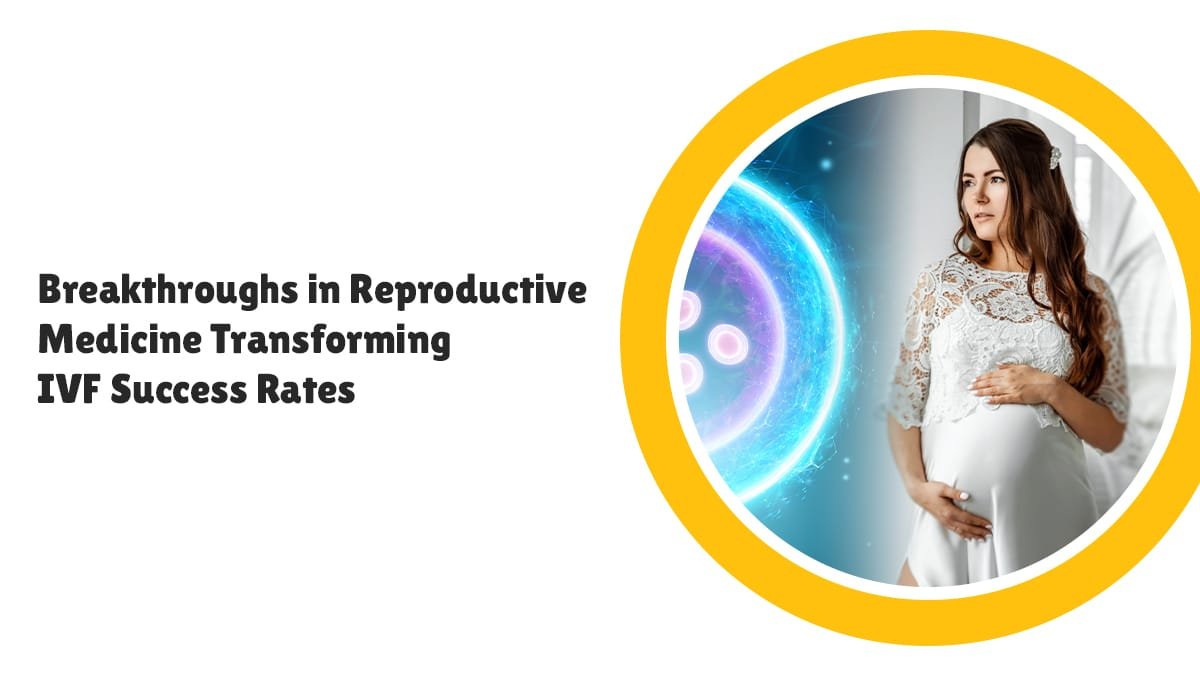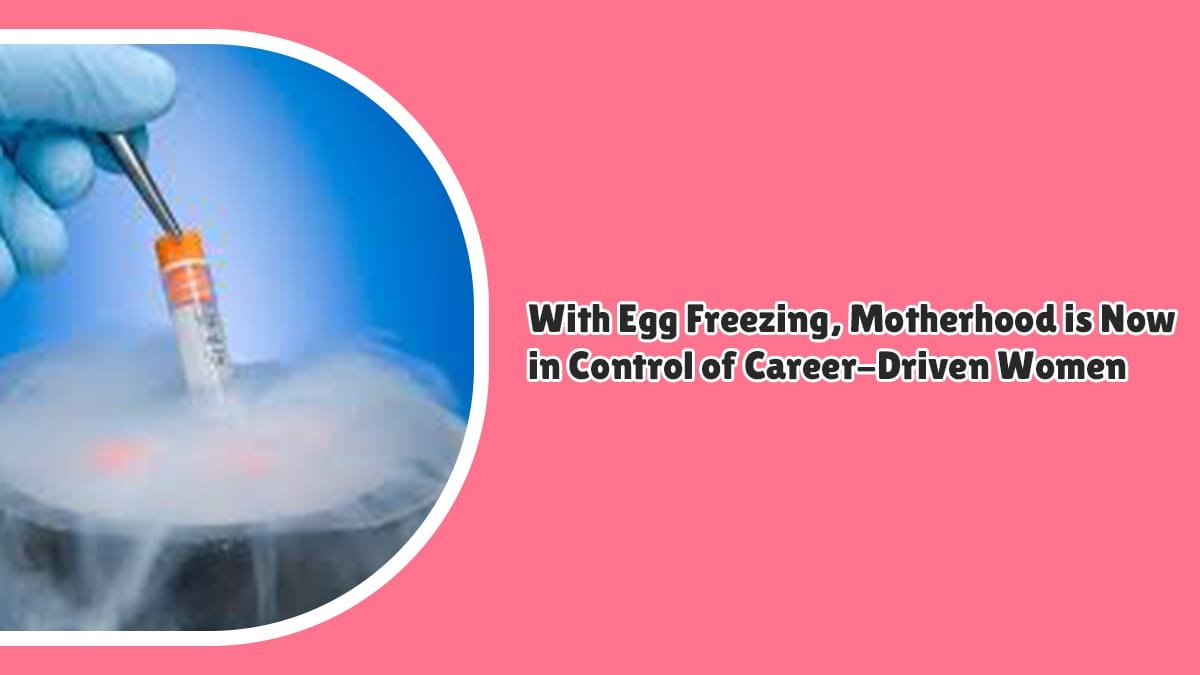What happens when the road to parenthood feels blocked by seemingly insurmountable challenges? For couples aged 30 to 43 battling infertility, this question often becomes a central theme in their lives. Studies suggest that 10 out of 30 couples in this age group need close psychological support to cope with the emotional toll of infertility. While medical advancements have offered several solutions, surrogacy has emerged as a transformative option, offering hope and a new beginning to those yearning to become parents.
Why Surrogacy?
Surrogacy is an arrangement where a woman, known as a surrogate mother, carries and delivers a child for another individual or couple. It is often considered when traditional fertility treatments fail or are deemed unsuitable due to medical or personal reasons. Factors leading couples to explore surrogacy include:
- Medical Conditions: Issues such as uterine abnormalities, recurrent pregnancy loss, or severe health risks during pregnancy.
- Age-Related Infertility: For women in their late 30s or early 40s, age can significantly impact the ability to conceive or carry a pregnancy to term.
- Repeated IVF Failures: After several unsuccessful cycles, surrogacy can offer a more reliable route to parenthood.
- Inclusive Family Building: Surrogacy also provides opportunities for same-sex couples and single parents to have biological children.
Psychological Support: A Vital Element
The journey through infertility and surrogacy is as much emotional as it is medical. Many couples face feelings of grief, loss, and anxiety, making psychological support an essential part of the process. Counseling services at fertility clinics can help couples:
- Process Emotions: Addressing feelings of inadequacy, guilt, or sadness.
- Prepare for the Surrogacy Journey: Understanding the legal, ethical, and emotional aspects of surrogacy.
- Strengthen Relationships: Navigating the challenges of infertility and surrogacy can strain relationships; counseling helps foster communication and mutual support.
The Role of Surrogacy Providers
Trusted surrogacy providers play a crucial role in ensuring that the process is ethical, transparent, and supportive. Their responsibilities include:
- Screening and selecting suitable surrogate mothers.
- Providing legal and medical guidance.
- Offering continuous support to both the intended parents and the surrogate.
- Maintaining confidentiality and professionalism throughout the process.
Choosing the Right Fertility Clinic
When embarking on the surrogacy journey, selecting the right fertility clinic is paramount. Here are key factors to consider:
- Medical Expertise: Look for clinics with experienced fertility specialists and a strong track record in surrogacy and other assisted reproductive techniques.
- Ethical Practices: Ensure the clinic adheres to all legal requirements and prioritizes ethical surrogacy arrangements.
- Holistic Care: Clinics that offer psychological support and counseling alongside medical treatments can provide a more comprehensive experience.
- Transparent Costs: Clear communication about expenses helps reduce stress and builds trust.
At Yellow IVF, Dr. Sonu Taxak combines years of expertise with a patient-first approach. The clinic’s commitment to ethical practices, coupled with its focus on personalized care, has made it a preferred choice for couples seeking surrogacy in Gurgaon.
Conclusion: A Hopeful Future
Surrogacy offers more than just a solution to infertility—it opens the door to a deeply fulfilling chapter in life. For couples in the 30-43 age group, navigating the challenges of infertility may feel overwhelming, but surrogacy provides a path forward. With the support of trusted providers, compassionate counseling, and advanced medical care, this journey can lead to the joy of parenthood.
For those considering this option, Yellow IVF led by Dr. Sonu Taxak, offers the expertise and support needed to make the dream of parenthood a reality. The journey may be complex, but with the right guidance, it is one filled with hope, resilience, and eventual happiness.




